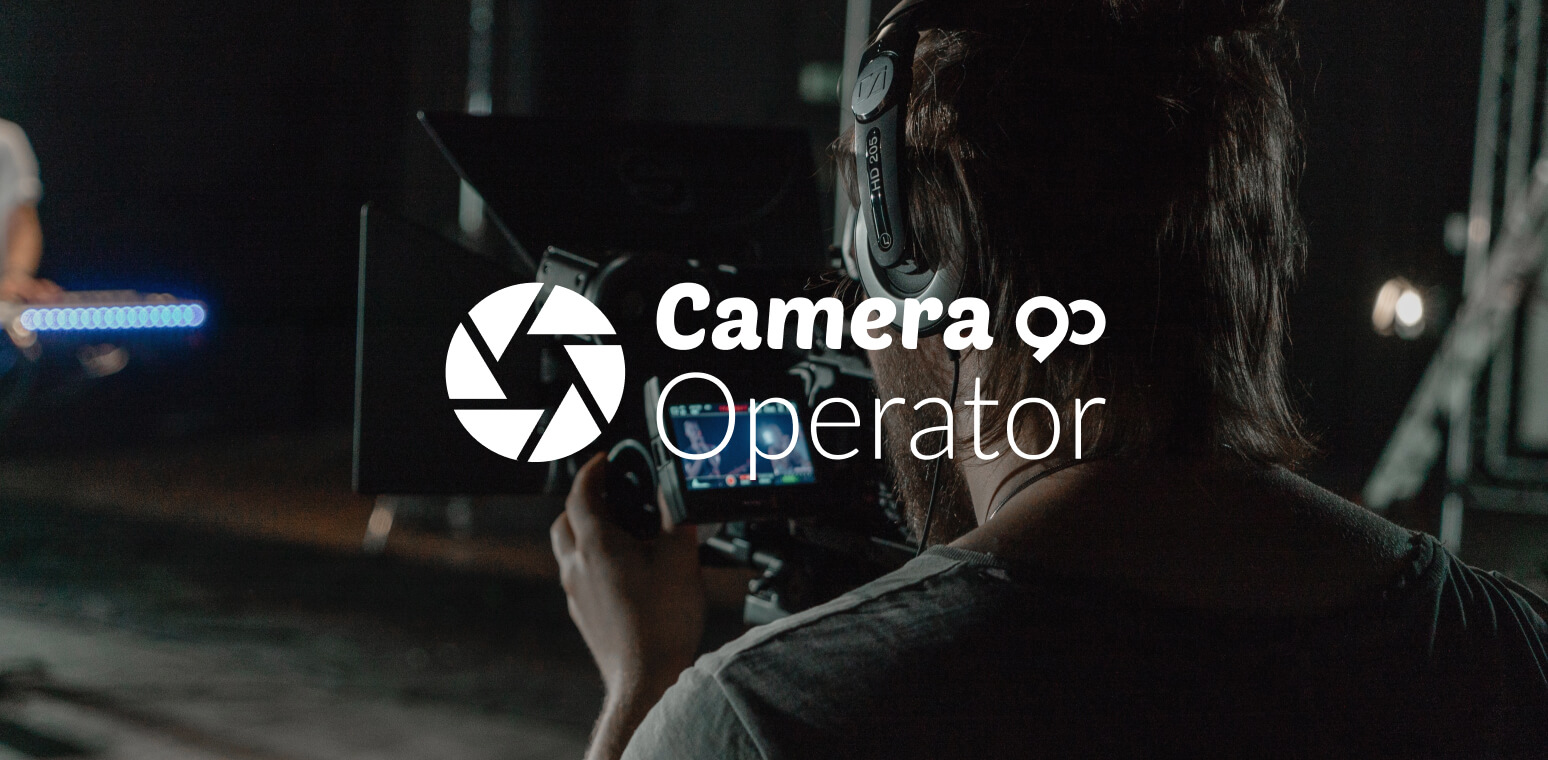
Camera operators work in the television, music and film industry and are usually employed by television and cable companies or by video production houses.
They are responsible for capturing different scenes during production and operating a wide variety of technical equipment that may include single and multiple portable, electronic and remote-control cameras.
Other key responsibilities of a camera operator include operating cranes and mobile mountings, assembling and setting up camera equipment, planning and preparing scenes, following camera scripts and working with the lighting and technical staff on each production.
This is one job in the film industry that can be very physically demanding and tiring. The position often requires a great deal of traveling between locations and many long days or irregular work hours.
Additionally, maintenance and proper handling of all filming and recording equipment is extremely important due to the cost of such items.
Primary roles
Framing shots
Working closely with the director and other creative personnel to choreograph and frame shots is one of the key tasks for a camera operator.
An in-depth knowledge of and the ability to find the appropriate camera lenses to capture a scene is something that will be heavily relied upon.
Additionally, the use of special equipment like dollies and camera cranes may be necessary to portray dramatic scenes.
Understanding the basic principles of dramatic storytelling and film editing fundamentals may also prove important for this primary role.
Operating and maintaining equipment
The camera operator is responsible for using and maintaining some of the most costly items in the entire film production, so a thorough knowledge of said equipment is a must.
The position also includes setting up technical equipment on set and responding quickly to directions given by the film director and other creative personnel —all while operating large and expensive equipment.
Secondary roles
Communicate with film crew
Because many film and television productions work under tight budget constraints, operators must be able to effectively and quickly communicate with the rest of the film crew during production.
Quick thinking, immense concentration and strong hand-eye coordination are also very important when working under such close time constraints.
Potential operators should be prepared to work closely as part of a team but also must be willing to stand out in regards to their own level of competency.
Assist the production and crew
Depending on the type of production, operators may need to frame camera shots for live studio or field productions when directed.
Taking the initiative and modifying any processes or procedures that will help production move along is also an important aspect of this role on set.
To ensure that production keeps moving along at the proper pace, it may also be necessary for operators to help with studio production setup and set preparations as well.